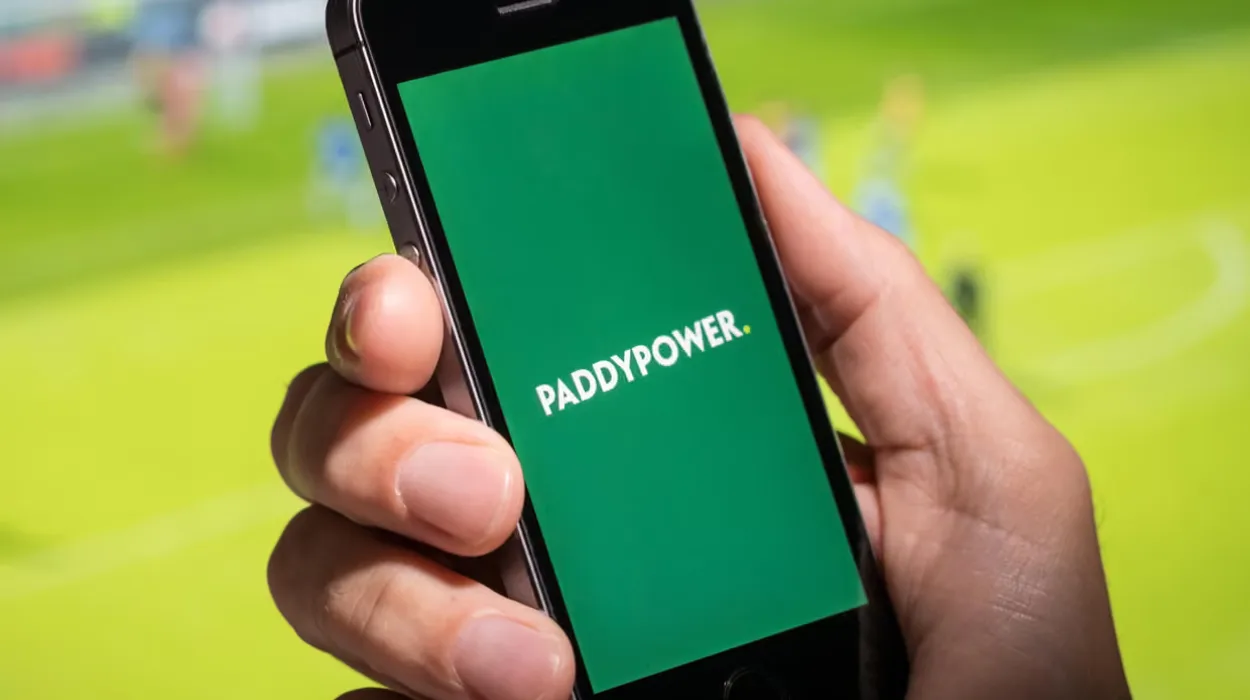UK (Parliament Politics Magazine) – The British gambling sector is lobbying ministers and Labour staff to oppose a tax rise that could increase duties on betting, casinos, and online games.
As reported by The Guardian, the gambling sector has launched behind-the-scenes lobbying efforts, including private discussions and social events, to block a possible increase in taxes.
Officials are reviewing plans to streamline how gambling is taxed, raising concern across the £11.5bn industry over potential increases in overall payments.
What is the gambling industry doing to sway tax talks?
The Betting & Gaming Council, representing online casinos and bookmakers, has submitted a Treasury report citing findings from an EY study commissioned by the industry body.
Internal emails show that the BGC has engaged in informal lobbying. One such instance included a darts-themed event, promoted to Labour staff, offering access to industry representatives and their message.
The BGC and Flutter plc organised a darts-themed event, described as part of efforts to
“continue building constructive engagement across Westminster.”
Flutter plc’s brands include:
- Paddy Power
- Betfair
- SkyBet
More than 100 Labour staff and advisers listened to a speech by BGC chief executive Grainne Hurst, a former Ladbrokes executive and ex-aide to Conservative MP Philip Davies.
The LSN, an independent body for Labour MPs’ staff, promoted the late-June event, which was held in partnership with Prostate Cancer UK.
What did Flutter say about its Darts event with Labour staff?
A Flutter UKI spokesperson stated,
“The Labour staffers event was a great opportunity for us to talk about our ‘Big 180’ partnership with Prostate Cancer UK – built around the World Darts Championship – which has so far encouraged 350,000 men to check out their risk of developing the disease.”
What did the BGC say about its meetings with ministers?
A BGC spokesperson stated,
“It is entirely common and appropriate for trade bodies like the BGC to routinely meet with ministers, shadow ministers and MPs as well as officials and advisers across government. All donations and hospitality are consistent with the parliamentary and other rules and are fully declared and transparent.”
They said,
“Ministers have been clear in public and in parliament that they would be meeting with the relevant stakeholders as part of the consultation on tax harmonisation proposals. That includes the BGC, which represents companies employing over 100,000 people and a sector enjoyed safely by millions of customers each month.”
They added,
“The BGC also recently met with the minister leading the tax consultation, James Murray, as would be expected as part of any government consultation on measures which would impact businesses and customers.”
What did the BGC discuss with Labour and Tory figures?
BGC’s chair, Michael Dugher, a former Labour MP, engaged with senior Labour figures, including Katie Martin, Rachel Reeves’ chief of staff. A spokesperson for the chancellor denied any formal talks or discussion of tax issues.
Emails from senior BGC leaders revealed that they briefed several Labour MPs, including Jo Platt, Gareth Snell, and Adam Jogee, and met with Sports Minister Stephanie Peacock, who succeeded Michael Dugher in Barnsley East.
Leaked emails reveal that BGC chair Michael Dugher held talks with the chief whip’s special adviser shortly after Labour’s defeat on the welfare reform bill. The documents also show BGC representatives attended a fundraiser for Labour MP Gregor Poynton, which was also attended by Imogen Walker, senior aide to Rachel Reeves. Her husband, Morgan McSweeney, Downing Street’s chief of staff, and UK ambassador to the US, Peter Mandelson, were also present.
What did Dawn Butler and Andy Burnham want councils to control?
Labour’s Dawn Butler and Andy Burnham are urging reforms to let councils reject 24-hour slot machine licences in their communities.
She has launched a campaign to limit gambling, warning that her borough of Brent already has over 100 venues, including casinos, betting shops, and adult gaming centres.
Ms Bulter added,
“Nearly one person a day dies by suicide linked to gambling addiction. This is a public health crisis, and it’s time our planning laws reflect that and stop these gambling companies from preying on communities that are often vulnerable and deprived.”
Ms Butler has tabled a parliamentary motion calling for strengthened local authority powers to stop gambling venues from opening in areas already suffering from social and economic deprivation.
What would a tax hike on online gambling mean for horse racing?
Gambling companies are projected to pay £3.6bn in taxes this year, including £1.2bn from the 21% remote gaming duty on online betting.
High street bookmakers will contribute a further £713m under the 15% general betting duty. Ministers are considering merging the two into a single unified tax rate.
Racing industry insiders have signalled they wouldn’t oppose higher taxes on online gambling, provided horse racing remains exempt. They said levies on digital casino products could rise sharply, from 21% to as much as 35%.
The Social Market Foundation is once again pushing for reforms to gambling taxation, highlighting how policy changes could increase government revenue.
Last year, the Treasury considered, but ultimately rejected, the think tank’s proposal to double the tax on the most harmful gambling products to 41%.


